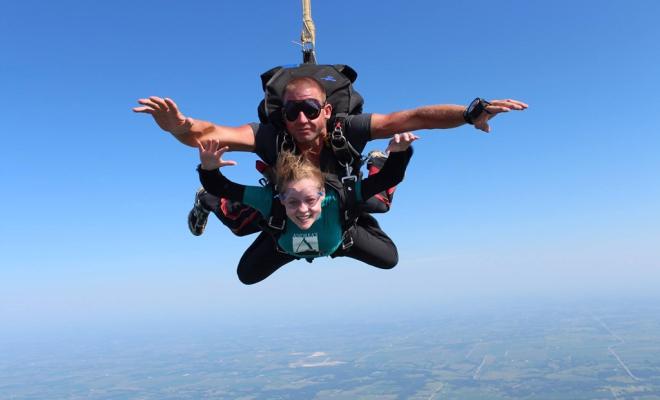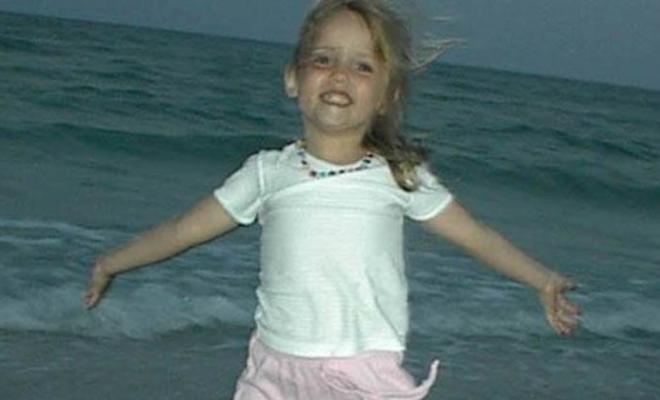When life takes an unexpected turn, a caregiver’s journey begins — filled with challenges, growth, and quiet strength. As the mother of a son and daughter living with cystic fibrosis, now both young adults, I’ve walked this path, navigating chronic illness and discovering how vital mental health support is for the entire family.
Our story began with a late diagnosis. Unlike most children with CF who are diagnosed shortly after birth, our son was 14 years old when we first heard the words “cystic fibrosis.” A month later, our 10-year-old daughter received the same diagnosis through DNA testing. In an instant, everything changed.
We entered a world of medications, hospital stays, feeding tubes, and daily treatments. I became a full-time medical advocate and caregiver, often living in hospitals for weeks or months at a time. My husband and I juggled shifts, swapping weekends and savoring rare afternoons together as a family.
Living in a hospital redefines normal. The couch becomes your bed, the cafeteria is your kitchen, and walking the hallways is your routine. You learn to sleep through alarms and answer questions while running on caffeine and cafeteria meals.
There were moments of deep isolation. Despite the presence of medical staff and other families, I felt deeply alone. Few people ask how caregivers are doing. I created small comforts for myself — I brought a blanket and family photos from home, and took walks on the University of Pennsylvania campus to feel human again.
As their illnesses progressed, both our children were forced to leave traditional schooling during their high school years. They were placed on homebound instruction due to the severity of their health needs and increasing medical fragility. What made this even more complex was that, beyond CF, they each battled multiple comorbidities — some directly related to CF, others not — which complicated every aspect of their care.
This period brought tremendous medical and emotional upheaval. It also brought isolation for the kids. While their peers were experiencing milestones, socializing, and gaining independence, our children were navigating feeding tubes, procedures, and long hospital stays. The loneliness they felt was profound — and we, as parents, felt it with them.
The most challenging part of our journey wasn’t the constant medical procedures. It was protecting our mental health — our children’s and our own as parents.
Managing two complex care routines became our everyday reality: preparing G-tube feeds, giving IV meds, doing two hours of respiratory therapy daily, rushing to specialists and emergency rooms two hours away. But the emotional weight of it all was what truly wore us down.
Our children had to cope not only with a life-altering illness, but also the deep emotional and social losses that came with it — missing school, friends, events, and a sense of normalcy. The isolation, especially during adolescence, was heartbreaking.
They needed more than medication — they needed emotional support, someone to talk to, someone who could help them process the weight they carried. We quickly realized that finding qualified mental health professionals who understood the world of CF and the emotional toll was no easy task. And when we did find them, accessing care consistently — and affording it — was a battle in and of itself.
The healthcare system, while advanced in treating CF medically, still has a long way to go in integrating mental health into chronic care. This gap left us scrambling to hold it all together emotionally while managing an already overwhelming medical load.
If you’re reading this from a hospital room, or the front seat of your car during a long wait at the clinic, please know this: You are not alone.
Your strength, even when you don’t feel it, is seen. And your mental health matters just as much as your child’s. This journey has no map, but it offers community. With hope. And with the reminder that even in the most difficult moments, there is still beauty, still connection, and still breath.
In one of our darkest moments, I had an epiphany — realizing I needed to put on my own oxygen mask first. This moment of clarity led me to seek therapy for myself, a decision that would prove transformative not just for me, but for our entire family.
My husband coped in his own way, but he needed support too. He had to navigate a world that often offers little guidance for fathers in this position. There were no support groups for men like him, no one checking in on his well-being. Society expects men to simply push through, but I saw firsthand how deeply the stress and fear weighed on him.
The emotional toll of watching your children struggle, of constantly being in ‘fight or flight’ mode, is immeasurable. For my kids, balancing illness with adolescence was overwhelming. We quickly realized that quality mental health support was not just beneficial — it was essential.
These days, both of my children are young adults. They continue to face the complexities of CF with courage and resilience. But the journey we’ve walked together — especially during those early years — still shapes who we are today.
Interested in sharing your story? The CF Community Blog wants to hear from you.





